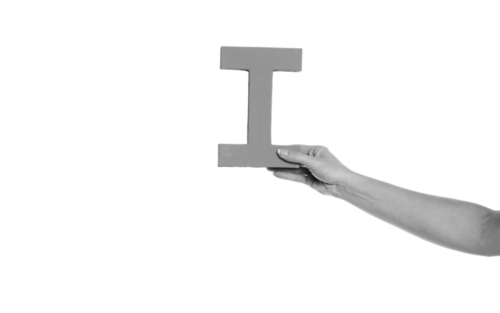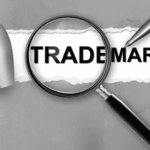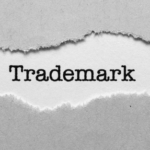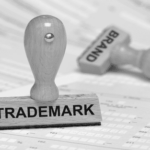Apple’s infamous letter “i” is a brand-defining prefix that’s become synonymous with sleek gadgets. From the iMac to the iPhone, Apple’s attachment to this single letter has not only shaped tech culture but also sparked some intriguing legal adventures. This blog discusses Apple’s journey and experiences in trademarking a vowel.
The “i” Revolution Begins
It starts in the year 1998. Apple introduced the world to the iMac. This wasn’t just any computer. It was translucent, colorful, and a departure from the gross looking beige boxes of the time. It was also the first time Apple used “i” in a product’s name. At the iMac’s unveiling, Steve Jobs explained “iMac comes from the marriage of the excitement of the internet with the simplicity of Macintosh.” He added that the “i” also stood for “individual,” “instruct,” “inform,” and “inspire,” highlighting the device’s customizations and consumer appeal.
Seeing the success of the iMac, Apple went on an “i” spree by trademarking iPod, iTunes, iPhone, iPad—you name it. Each product became a cultural icon. Naturally, Apple wanted to protect this branding. But how do you trademark a single letter?
Legal Issues
Apple’s journey to trademark the “i” prefix has been a rollercoaster of courtroom dramas and corporate face-offs. While they successfully secured trademarks for terms like “iPhone,” it wasn’t a cake walk. Others had already laid claim to similar names. In the case of Cisco vs. Apple for example, back in 2007, Cisco Systems had owned the trademark for “iPhone” since 2000 and wasn’t exactly thrilled when Apple announced its own iPhone. On January 10, 2007, Cisco filed a lawsuit against Apple alleging trademark infringement and unfair competition. Cisco Systems Inc. v. Apple Inc., No. 3:07-cv-00198-MHP, settlement announced (N.D. Cal. Feb. 21, 2007). The dispute was short-lived; by February 21, 2007, both companies announced they had reached an agreement, with both parties allowed to use the “iPhone” trademark globally. The terms of the settlement were not disclosed.
Then there’s the iPad saga. A Chinese company, Proview Technology (Shenzhen), claimed ownership of the “iPad” trademark in China, which they had registered in 2001. Apple believed it had acquired the rights to the trademark, but Proview disagreed, leading to a legal battle. Proview Technology (Shenzhen) Co., Ltd. v. Apple Inc., Shenzhen Intermediate People’s Court (2011). After protracted litigation, Apple agreed to pay $60 million in July 2012 to settle the dispute.
Apple’s challenges didn’t just come from established companies. With the “i” prefix becoming a big thing, many businesses hopped on the bandwagon. Suddenly, there were apps and gadgets with names like iSwim, iCoffee, and even iToilet[1] . Apple had to pick its battles, suing every “i” imitator they could feasibly find.
So, what’s the big deal? Why go to such lengths over a single letter? For Apple, the “i” isn’t just a character; it’s a symbol of their identity and innovation. Trademarks are essential for protecting brand integrity and ensuring that consumers aren’t misled by knock-offs or sound-alikes. According to trademark law, companies must actively defend their trademarks to prevent them from becoming generic and losing legal protection. See Trademark Manual of Examining Procedure (TMEP) § 1209.01(c). Apple’s vigorous defense of its “i” trademarks is a strategic effort to prevent brand dilution and consumer confusion.
Apple’s quest to trademark the “i” has been as much about protecting its brand as it has been about flexing its corporate muscles. It’s a testament to how a simple idea—like prefixing products with a lowercase “i”—can become a powerful, valuable, and recognizable symbol worldwide, with a brand value of over 1.02 Trillion dollars.
Conclusion
In the end, It shows how a single character can become a few trademarks that then become a corporate treasure, worth defending in courts around the globe. If you have a great logo idea for your business, and you want to obtain your own protections, our Intellectual Property team at SW&L Attorneys is here to help you with your idea and discuss the requirements and process involved in a Trademark application. To get in touch with us, call 701-297-2890, or email us at: info@swlattorneys.com
This article is for informational purposes only and is subject to our disclaimer.










